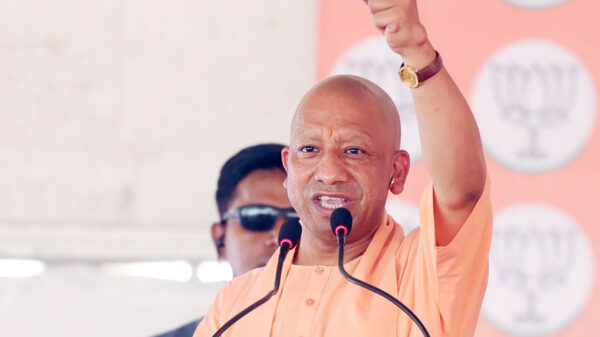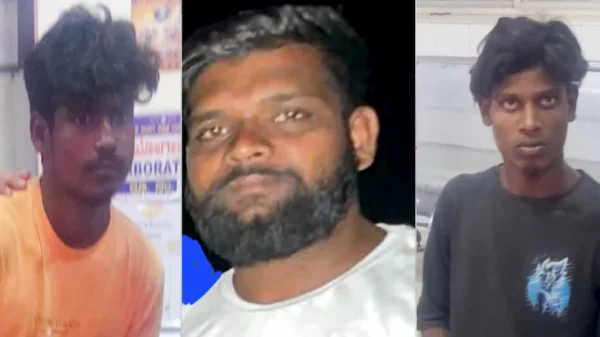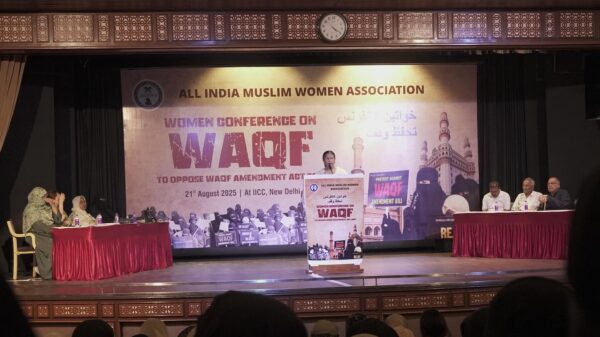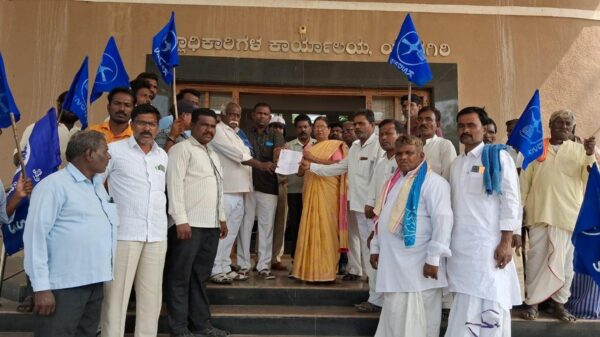The Karnataka High Court has put a hold on the State Government’s August 30, 2023, order authorizing the Karnataka State Board of Waqf and its district officers to issue marriage certificates to Muslim couples.
The Bench, led by Chief Justice NV Anjaria and Justice KV Aravind, noted that the government’s order contradicted the provisions of the Waqf Act, 1995. The court remarked: “The Waqf Act does not confer powers to issue marriage certificates. Such matters are unrelated to the management or administration of Waqf properties.”
The stay order was issued in response to a Public Interest Litigation (PIL) filed by Alam Pasha, who argued that the Waqf Board’s mandate was limited to managing properties and did not extend to matters like marriage certification.
Previously, under the Kazi Act, 1988, Kazis (religious officials) were authorized to issue marriage certificates, but the Act was repealed in 2013. Following this, the government issued a notification allowing Waqf officers to take on this role.
The State government defended its move, stating that Muslim couples traveling abroad often faced difficulties obtaining marriage certificates. The notification aimed to simplify the process.
However, the court rejected this reasoning, stating: “Facilitating applicants cannot justify an order that exceeds the scope of the Waqf Act.”
The court said that the registration of marriages falls under the jurisdiction of district or state registrars, as per the Hindu Marriage Act, 1955, or the Special Marriage Act, 1954.
Advocate Saraswathi M, representing the petitioner, argued that the notification was unlawful and inconsistent with the Waqf Act.
Assistant Government Advocate (AGA) Niloufer Akbar defended the State’s position, but the court maintained its stance, asking the Waqf Board to respond by December 7, the next hearing date.
The court said that the Waqf Act was intended for managing Waqf properties and administrative purposes and could not be stretched to include marriage certification.
































































